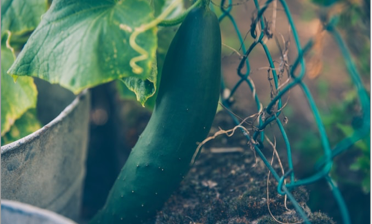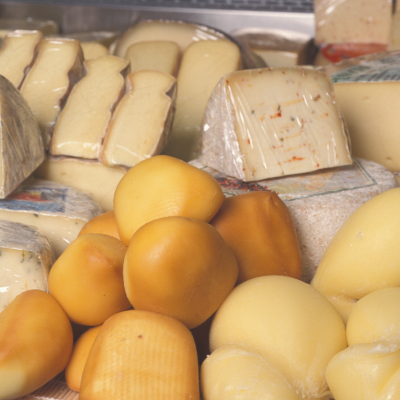Project aim:
In order to develop high quality regional products, ECOZEPT assisted the Biosphere Reserve Management.
Activities of ECOZEPT:
Ecozept developed common criteria for sustainable production methods as well as a marketing concept, including brand development, based on a large participatory approach.
Client:
Biosphere office


 0more
0more



 0view all
0view all 